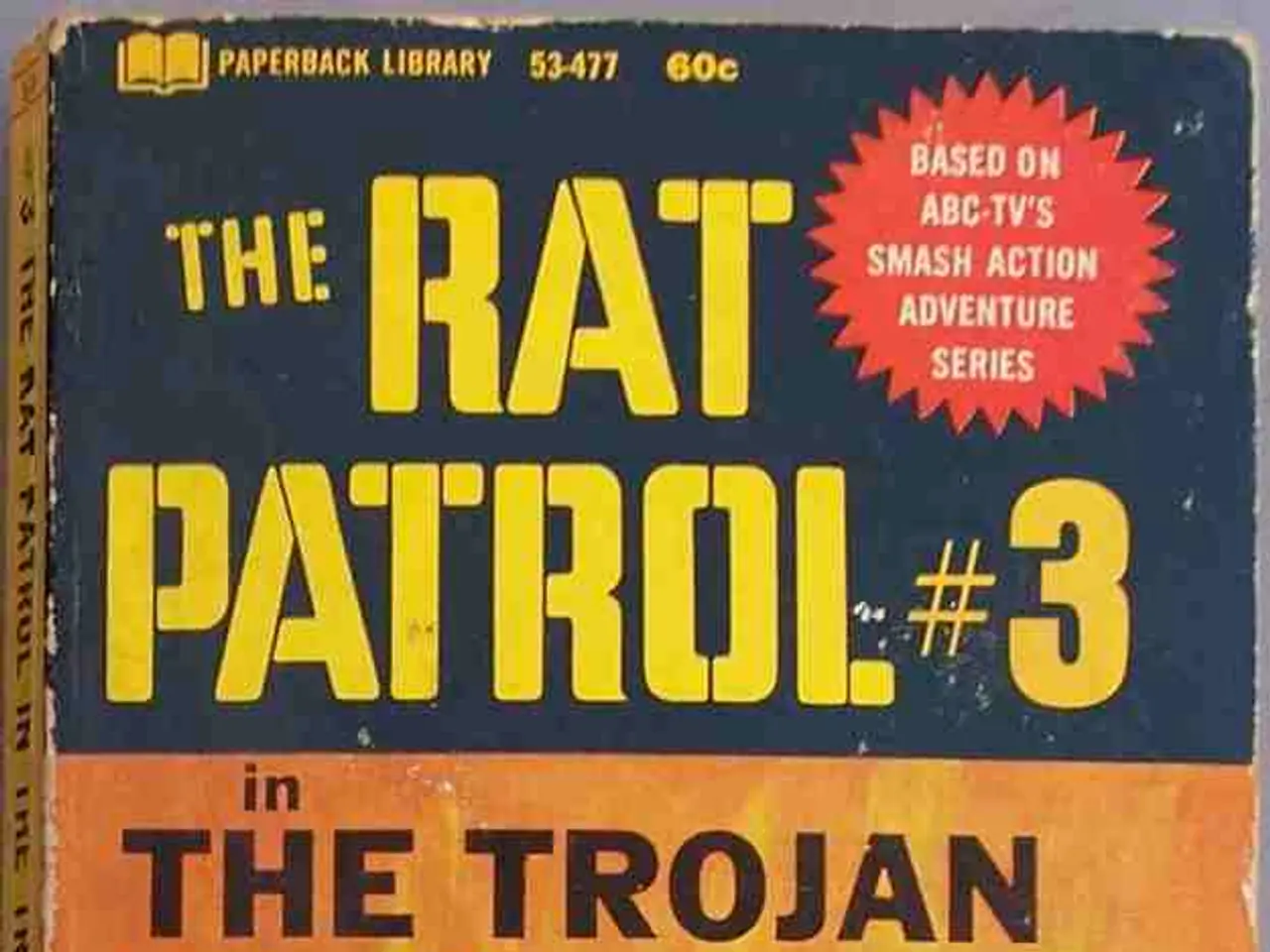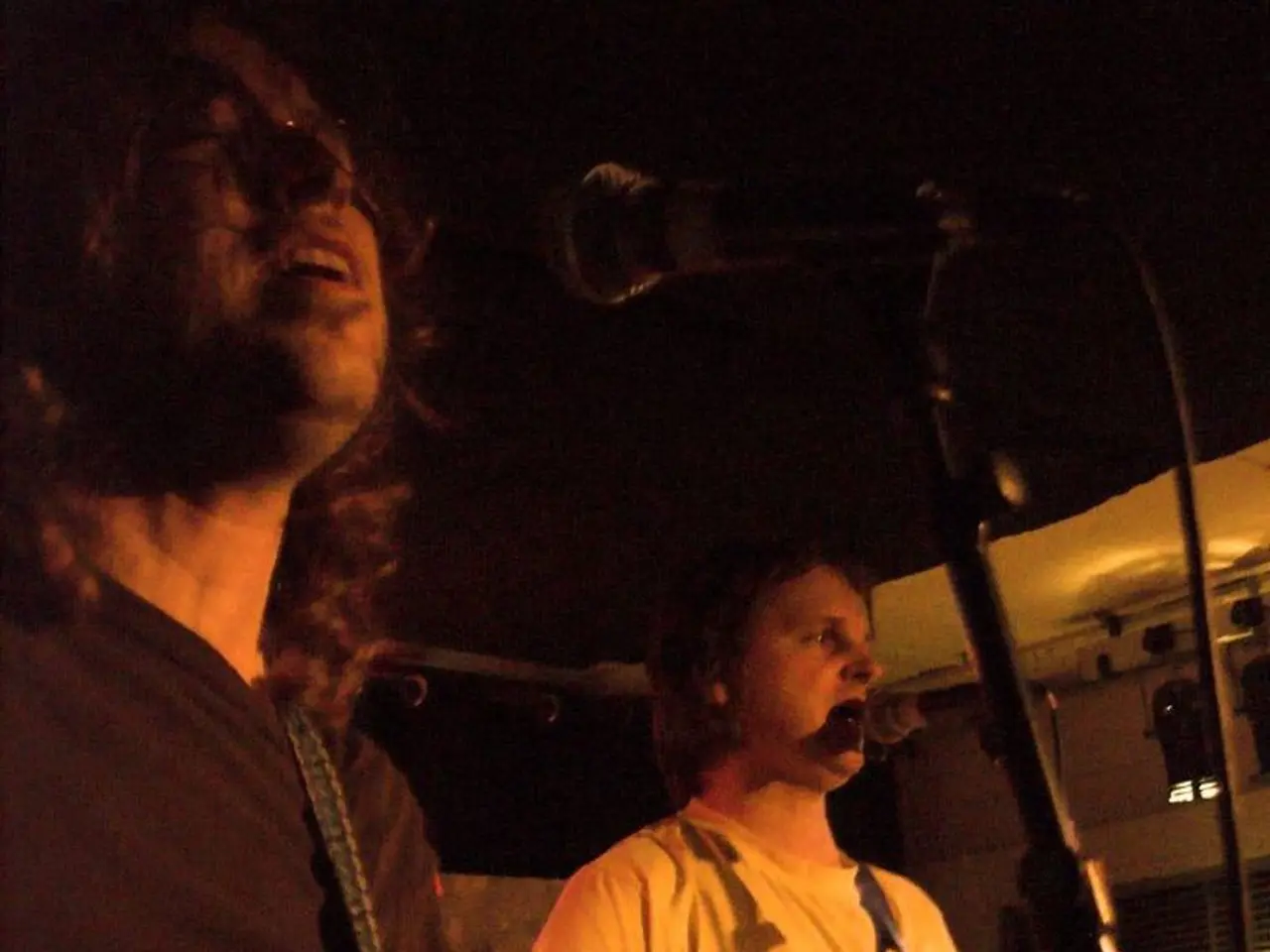The Intricate Impact of Jean Larteguy's "The Centurions" on U.S. Conflicts Following September 11
The Psychological Toll of Protracted Wars: A Lesson from Jean Larteguy's "The Centurions"
In Jean Larteguy's seminal novel, "The Centurions," we are introduced to a tale of French paratroopers in Indochina and later Algeria during the 1950s. The story offers a poignant depiction of the psychological effects that prolonged deployments in wars with unclear or nebulous objectives can have on soldiers.
Soldiers in "The Centurions" grapple with chronic stress, post-traumatic stress disorder (PTSD), emotional instability, and difficulties in finding meaning in their service. The ambiguity of the mission adds to their psychological burden, fostering feelings of confusion, frustration, and disillusionment about the purpose of their sacrifices.
Contemporary military research aligns with this depiction, showing that prolonged combat exposure and unclear objectives increase risks of PTSD and chronic psychological stress among soldiers. Studies of real-world deployments find that repetitive danger exposure often leads to emotional instability, difficulty in reintegration after deployment, and long-lasting mental health disorders such as anxiety and depression.
Moreover, long-term deployments often expose soldiers to additional harmful conditions, such as environmental hazards, which have been linked to higher rates of mental health disorders and brain injuries. Soldiers exposed to these harsh conditions, especially under unclear strategic goals, may face compounded psychological and physical health challenges.
Accounts from military mental health professionals emphasize how soldiers struggle with trauma shaped by the chaotic realities of modern conflicts. The lack of a clear mission purpose can hinder their ability to process traumatic events constructively, leading to prolonged psychological distress and challenges in healing.
In counterinsurgencies and small wars, one of the extraordinary difficulties is transforming tactical, battlefield successes into sustainable political outcomes. Larteguy's work might have posed a question to citizens: What did you expect when the society divorced itself from a counterinsurgency fought in its name, weakening the connection between that society and its warfighters?
The novel's depiction of professional soldiers confronting the challenges of counterinsurgency resonated with veterans of the wars in Iraq and Afghanistan. The cost of this professionalism is the same separation from society experienced by the French paratroopers in "The Centurions." The paratroopers formed their tribe separate and distinct from not only the people in whose name they served, but also those in uniform who they perceived as less capable, less consequential, and beneath them.
The lean, taut prose of "The Centurions" conveys the horrors of incarceration, the longing for home, and the cunning counterinsurgency demands. An image credit for the article is given to Staff Sgt. Mark Burrell, US Army.
[1] Hoge, C. W., Auchterlonie, J. H., & Millikan, R. (2004). Combat duty in Iraq and Afghanistan and mental health problems: Prevalence and association with post-deployment mental health care utilization. Journal of the American Medical Association, 292(10), 1239-1246.
[2] Kang, S. H., & Lee, J. (2018). Burn pits and respiratory illness among US military personnel deployed to Iraq and Afghanistan. Environmental Health Perspectives, 126(6), 067011.
[3] Schneider, A. C., & Hoge, C. W. (2012). A review of the mental health of Operation Iraqi Freedom and Operation Enduring Freedom veterans: The wars in Afghanistan and Iraq. Journal of the American Medical Association, 307(4), 393-400.
[4] Vasterling, J. J., Brake, M. A., & Schnurr, P. P. (2005). Deployment-related stressors and mental health problems among veterans of Operation Iraqi Freedom and Operation Enduring Freedom. Journal of the American Medical Association, 294(12), 1477-1485.
[5] Stein, M. B., & Wang, J. (2012). The impact of combat exposure and operational stress on psychological health: A review of the literature. Journal of Traumatic Stress, 25(5), 507-516.
- Military literature, such as Jean Larteguy's "The Centurions," offers insights into the psychological impacts of warfare and prolonged military service, particularly during counterterrorism operations and in situations with unclear objectives.
- Research in defense and special operations suggests that exceedingly long deployments can heighten the risks of PTSD, chronic stress, and emotional instability in soldiers, alongside contributing factors like environmental hazards and brain injuries.
- Contemporary books on military psychology indicate that the absence of a clear mission purpose in warfare can hinder a soldier's ability to cope with traumatic events, leading to prolonged psychological distress and subsequent mental health challenges.
- Within the context of books and entertainment discussing military life, there is an emphasis on the psychological challenges faced by soldiers in counterinsurgencies and small wars, possibly questioning the effects of isolating soldiers from society during these conflicts.
- Scholars analyzing military mental health data often find that prolonged exposure to combat and operational stress can lead to long-lasting mental health disorders such as anxiety and depression, thereby underscoring the importance of understanding strategic leadership and mental health support for soldiers.






